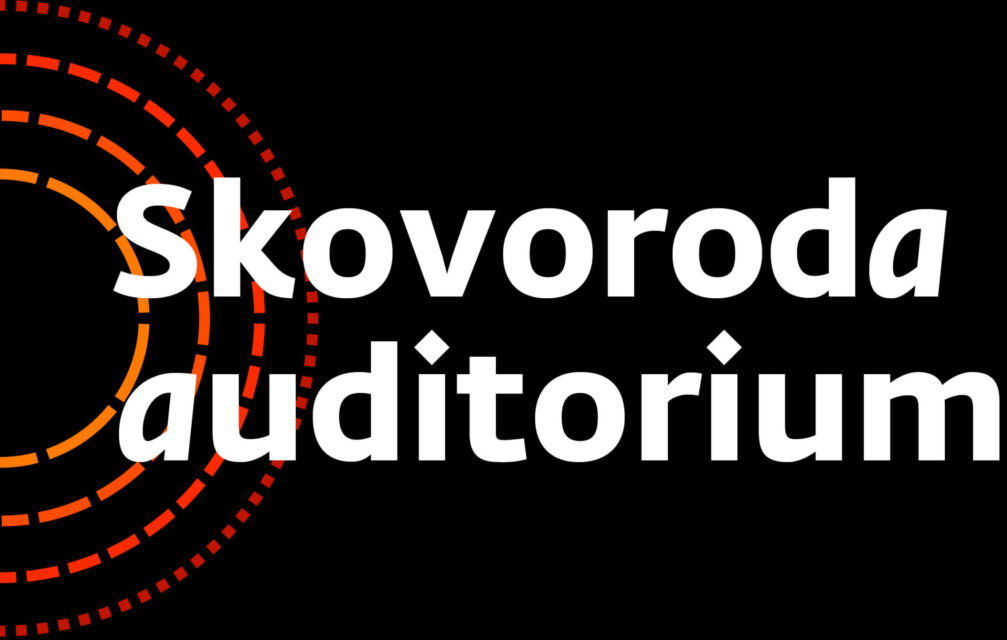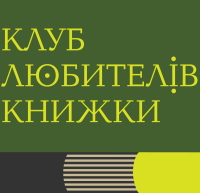You have never seen such a dark night in Lviv, but as always after darkness came a sunny morning… with new air raid alerts. On October 10, for the first time in recent months, the city heard the sound of enemy missiles and felt the consequences of their hitting critical infrastructure objects. For several hours on that day, almost the whole city was blacked out. By the next morning, the city maintenance service managed to fix the damage, but on the eve of October 10, the streets of Lviv were as dark as never before: there was no lighting, streetcars and trolleybuses stopped, some of the traffic lights did not work. On the morning of October 11, when the city had almost completely returned to normal life, Russian army managed to target the critical infrastructure of the city and the region three more times. «Yesterday, the missiles hit 4 electrical substations. After today’s restrikes, nothing was left of the two substations,» said the Head of the Lviv Regional Military Administration, Maksym Kozytskyi, during the afternoon briefing. According to Kozytskyi, Lviv and the region became one of the main targets for the Russians: «15 missiles flew into the territory of Lviv region, 7 of them were intercepted. Today there were three hits, as well as missiles intercepted by «Zakhid» Air Command,» he explained. One employee of the substations was injured as a result of the missile explosion.
Despite the fact that since the beginning of the full-scale invasion, this was not the first case of shelling the city and region by the Russians, during the last months, Lviv, indeed, like other cities in the West of Ukraine, seemed to be a «safe haven». Many businesses from Kharkiv and Kyiv moved to Lviv. Forced migrants have also tried to start their own business here. In the summer, the former residents of Mariupol opened the coffee shop «0629» and the restaurant «BLUEFIN», the migrants from Kharkiv opened the coffeehouse «Pershyi». Serhiy and Ivan, migrants from Kyiv region, were among the first to open their coffee-window «KIIT» in April in the very center — in Ruska Street, 3. Serhiy is from Irpen, Ivan is from Borodianka. Their shop got popular in no time.
At the end of the second day of massive shelling, I met Ivan in another coffee-window — in Lepkyi Street. The friends managed not only to start their business in Lviv, but also to expand it. While Ivan was making coffee, he shared his thoughts about the past two days. «Yesterday I felt flashbacks from the spring,» he said. In all fairness, the shelling that the city and the region got under on October 10 is quite a challenging emotional test for someone who fled here from Russian atrocities trying to find a relatively peaceful place.
Quite a challenging test the local authorities are now being faced. During a briefing on Tuesday, October 11, the Mayor of Lviv Andriy Sadovy stated that it would take «not days, but months» to restore serviceability of the four knocked out of action electrical substations. At the same time, if you listen to the calls of propagandists on Russian television, Russia is not going to stop terrorizing the civilian population by shelling the critical infrastructure of cities. «We have a week or two to prepare for the heating season, taking into account the new realities,» Sadovy believes. Earlier, the city purchased diesel generators and the mayor explained that on October 10, when almost 90% of the city was without power, only thanks to them the water supply was provided in some areas of the city. At the same time, mobile communication outage due to the blackout shows how much still needs to be done to minimize the damage from the likely following terrorist acts by the Kremlin.
But no shelling can shake the will of Ukrainians. Despite the power outage, Lviv continues to live its own life, and everyone does their job: bakers sell bread just from their delivery trucks, rescuers fix the consequences of Russian missile damage, doctors treat patients. And although the city is well to the rear, the war had been in the air even before the tough mornings of October 10-11. In particular, in volunteer hubs. In the building of the city library for youth in the very center of the city — in Rynok Square — there is just one of them. Camouflage nets for the military are woven there. Among the books (the library does not stop working), women and men sort and cut fabrics.
Despite the shelling when the air raids ended, people gathered there even on October 10 and 11. An artist Andrii Naboka is one of them. He is from Kyiv, moved to Lviv in March, when the Russians tried to seize his native city. For now, he is working there. Volunteers give him fabrics that are not suitable for camouflage nets, and the artist creates real masterpieces from them. One of them he calls prophetic — it is an image of the burning Crimean bridge. «Now I want to paint the Kremlin on fire,» admits Andrii. The artist has already created lots of works. All of them depict our reality very well: a mother with a child in a window, a window covered with film, or portraits of «Azov» warriors.
Rynok Square is unusually sparsely crowded, but a streetcar is running on its daily route, and on the terraces of coffee shops some visitors are seen a few hours after the air raid alerts. The mizzle is blurring the city. Because nothing can make adjustments to the usual local weather. A huge poster «Azovstal. Free Mariupol defenders» is trembling on the Ratusha (City Hall). And nearby you can read information about the heroes to whom the city recently said final goodbyes. The price of this war is well felt even deep in the rear.




